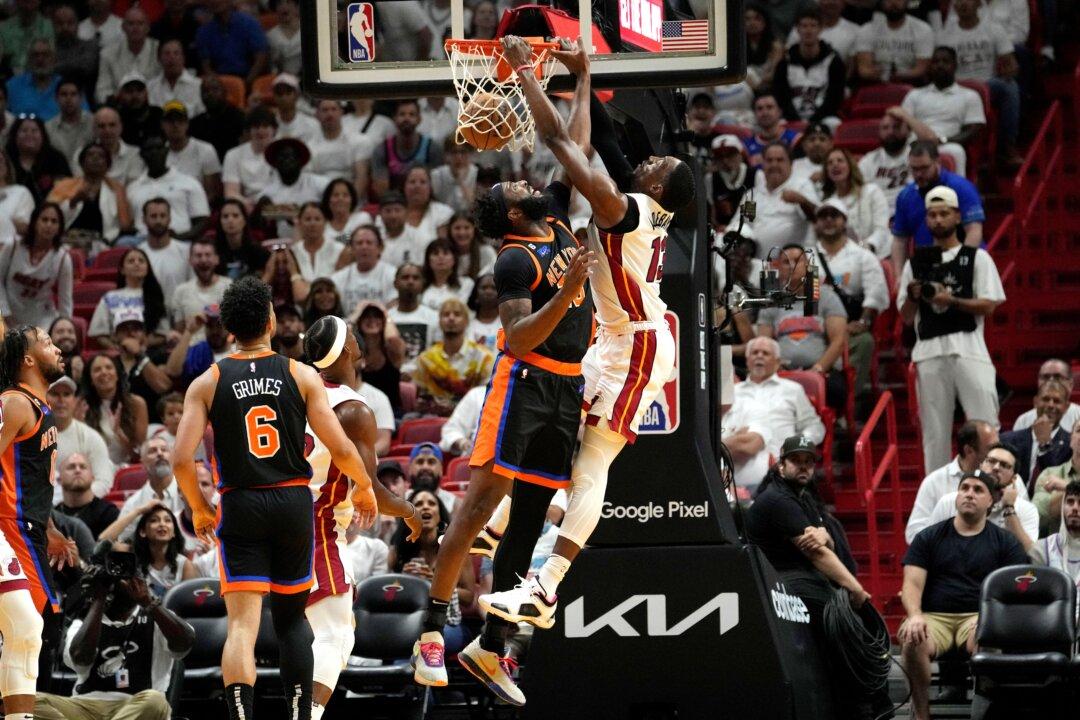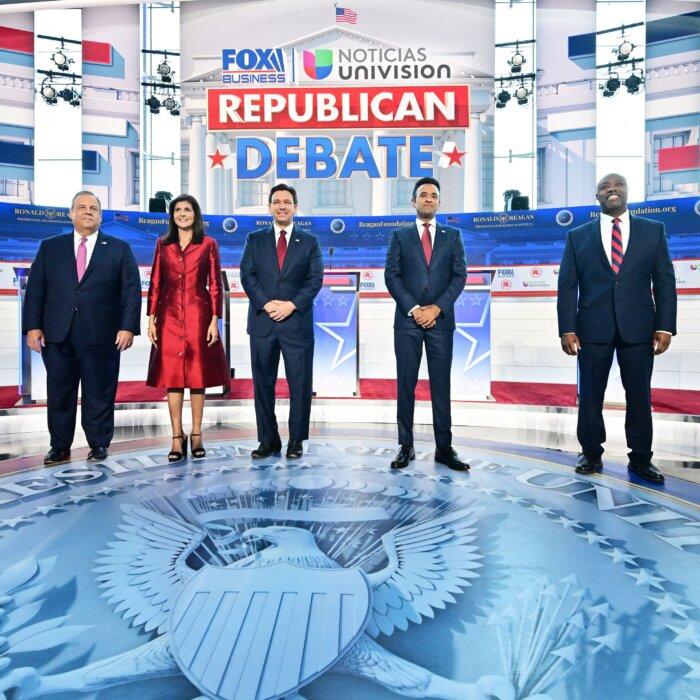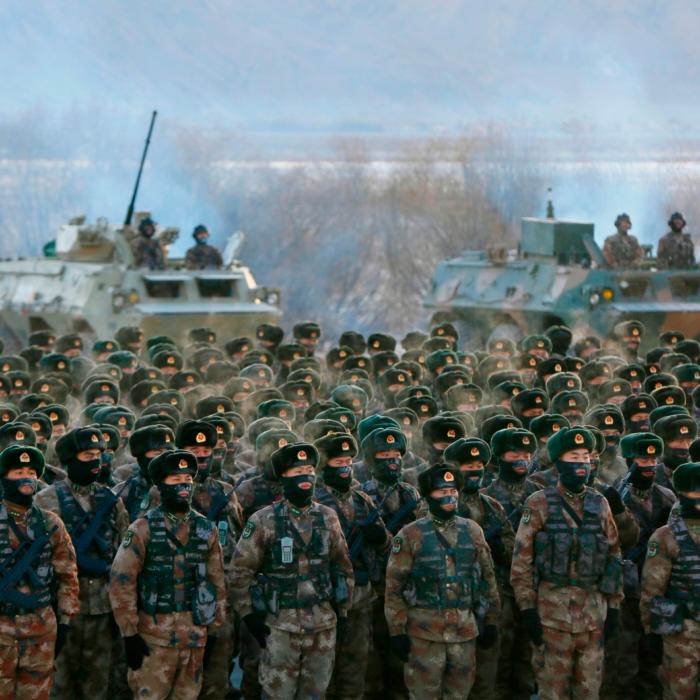The letter raised concerns about Chinese sportswear companies like Li-Ning, ANTA, and Peak, which it pointed out carry contracts with “a growing number of NBA players.” These firms “publicly embrace the use of supply chains linked to forced labor that helps fund the genocide committed in the XUAR,” it said.
“Our Commission has urged U.S. Customs and Border Protection to stop all imports from these companies to protect American consumers,” the letter said.
Jose Alvarado from the New Orleans Pelicans signed a multi-year endorsement deal with Peak this year. Los Angeles Lakers’ D’Angelo Russell and Miami Heat’s Jimmy Butler have signed deals with Li Ning. Meanwhile, ANTA snapped up Golden State Warriors’ Klay Thompson and Charlotte Hornets’ Gordon Hayward.
CECC asked the NBA to meet with Chinese dissidents like Tibetans, Uyghurs, Hong Kongers, and others before the upcoming season begins on Oct. 24 to understand the repression they face in the United States from Chinese agents.
- How the NBA upholds UN Guiding Principles on Business and Human Rights when dealing with China.
- Whether the NBA will “publicly support or continue to silence members of the NBA family for their criticism of the PRC.”
- Examples of NBA activities in the Chinese market that helped to “uphold or improve” human rights.
- Whether NBA players, coaches, and owners taking part in cultural exchanges in China receive “explicit instructions from the Chinese government on what is permitted to be discussed.”
- Whether the NBA has an existing policy on forced labor and how it is enforced.
- Details regarding any special financial incentives or packages the NBA receives from PRC entities.
However, NBA executives and players do not receive support from the organization when they have expressed views about China “on several occasions,” it noted.
Violations in Xinjiang
Xinjiang, located in northwest China, is home to 25 million people, where Uyghur and other ethnic minorities reside.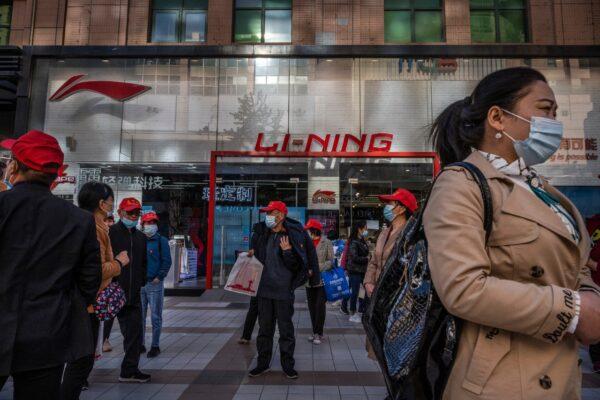
The Chinese Communist Party (CCP) is known to arbitrarily detain citizens in Xinjiang at re-education and forced labor facilities, which are all done under the guise of “anti-extremism” and “anti-terror” operations.
It asked for a prompt investigation into “allegations of human rights violations in VETCs and other detention facilities, including allegations of torture, sexual violence, ill-treatment, forced medical treatment, as well as forced labor and reports of deaths in custody.”
Basketball’s Ties With China
In addition to the NBA, the CECC also sent a letter to the National Basketball Players Association (NBPA) on Sept. 28, highlighting its “potential complicity” in China’s use of forced labor in XUAR. NBPA is the labor union representing NBA players.The CECC pointed out that products from Chinese sportswear companies are “likely made with forced labor” as China heavily relies on the XUAR region to procure materials like cotton, rayon, and other synthetic fibers.
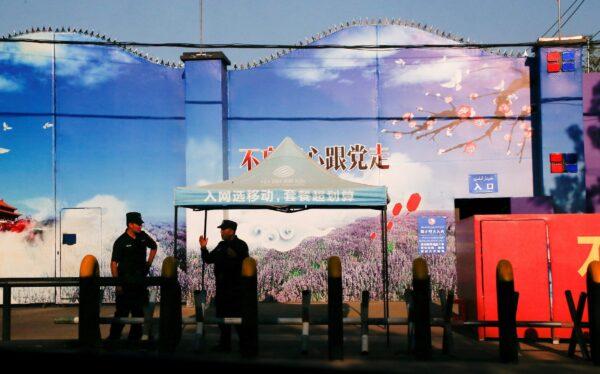
“NBA players should not be subsidizing genocide by endorsing or wearing shoes and gear from Chinese sportswear companies complicit in forced labor.”
In 2021, the CECC wrote to NBPA, asking them to raise awareness about genocide and forced labor in XUAR and its connection to Chinese brands like Peak, Li-Ning, ANTA, and others. However, the “response at that time was extremely disappointing.”
The CECC asked the NBPA to provide information about the steps it has taken to educate NBA players about the risks of endorsing Chinese sportswear firms; whether NBA players profit from endorsements with Chinese sportswear firms; and whether the organization will prohibit players from endorsing companies with ties to XUAR.
“Mr. Freedom ultimately lost his NBA career after exercising his freedom of expression. His release—ending an 11-year NBA career—was one of the most high-profile cases showcasing the NBA’s acquiescence to the PRC’s demands that criticism of it be silenced,” the letter said.
“The NBPA told [me] that if I didn’t stop, they will change the rules so that no player can put any kind of message on their shoes ever again,” he said at the testimony.
“I couldn’t believe how much they were pressuring me because I paid thousands of dollars to the players association every month to protect my rights against the NBA, but on this topic they were on NBA’s side.”
The Epoch Times has reached out to the NBA for comment.
